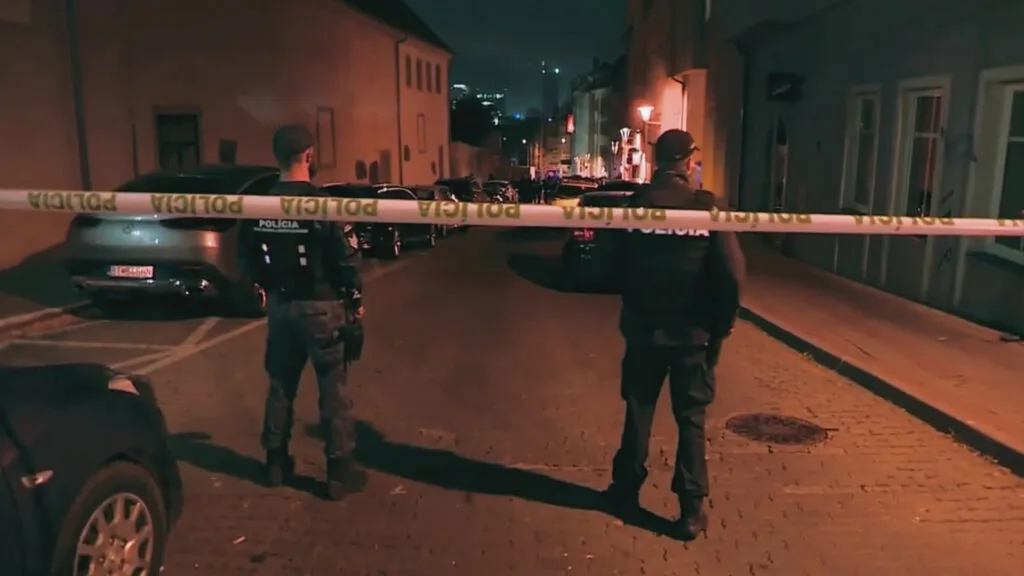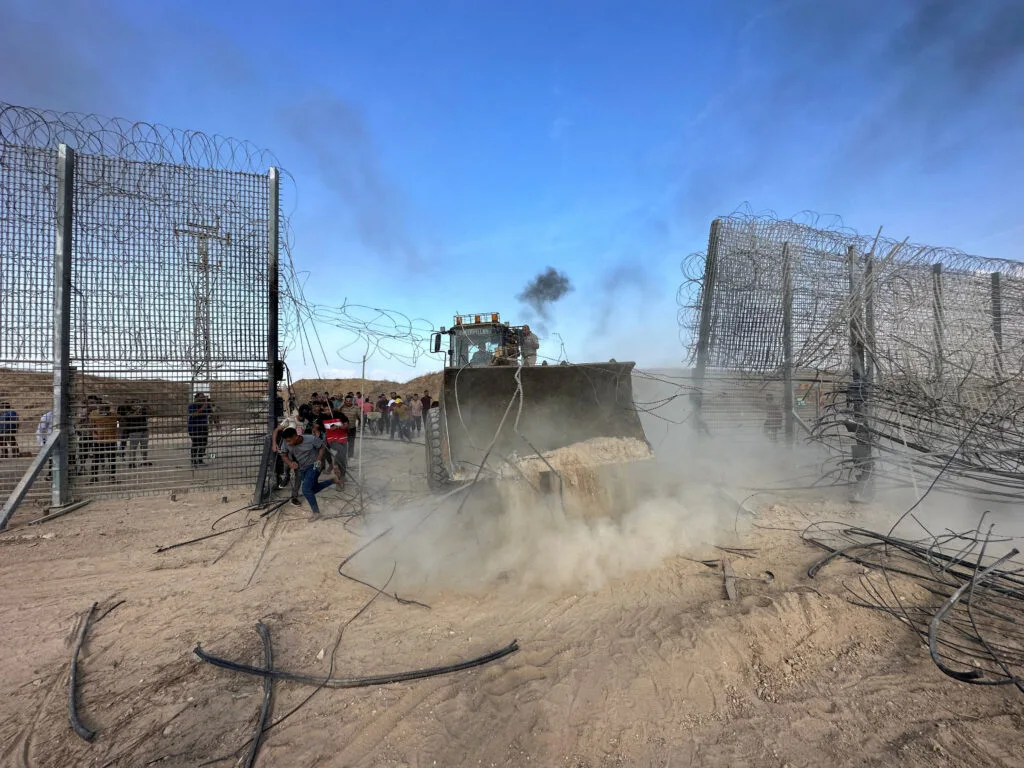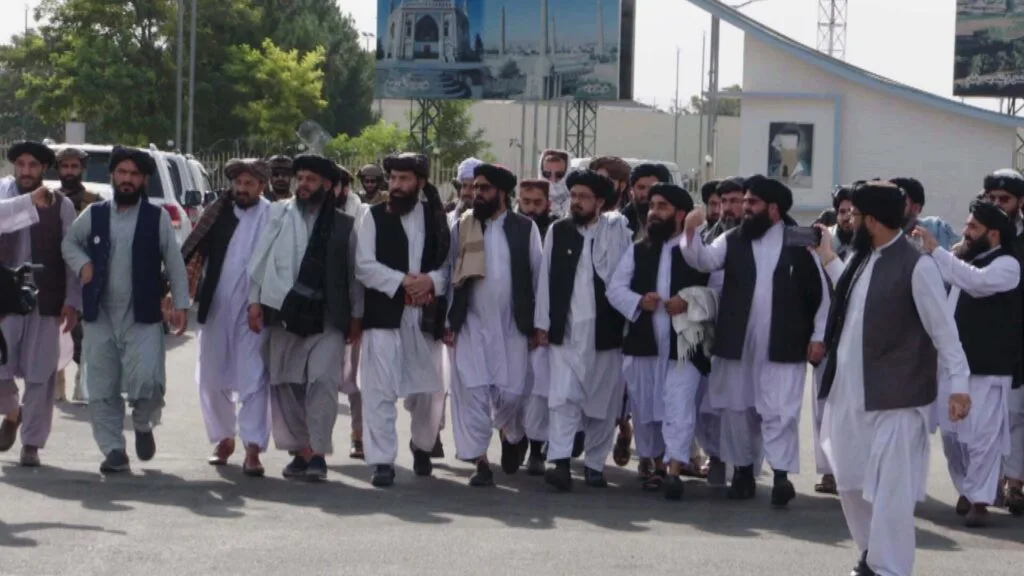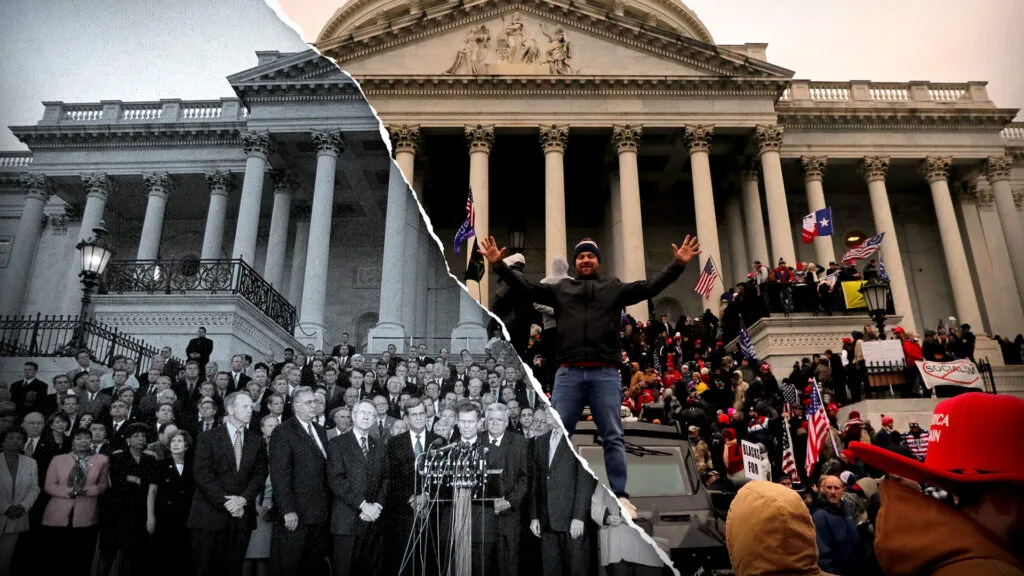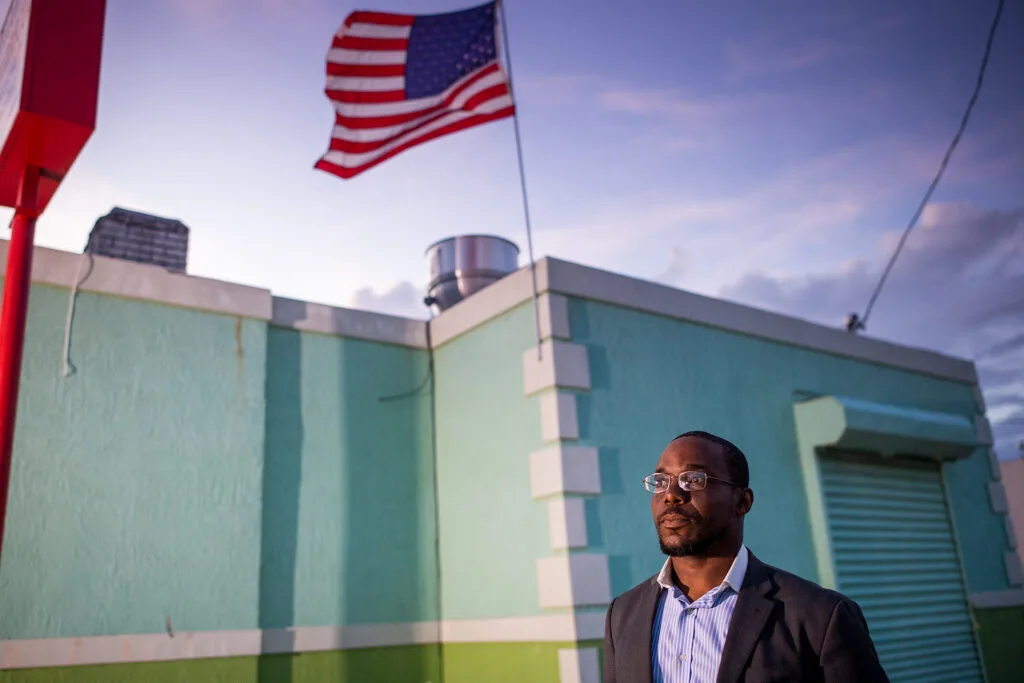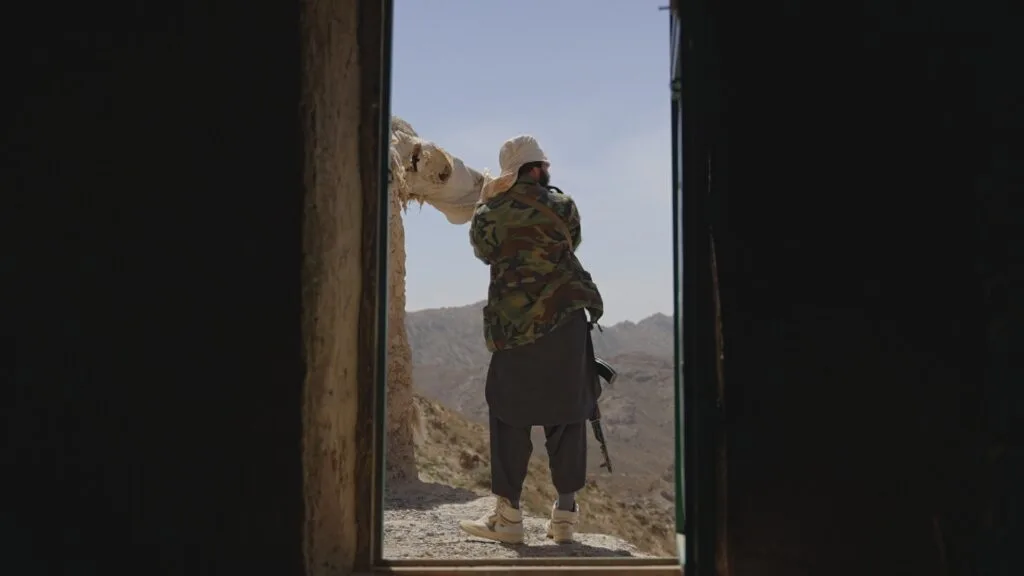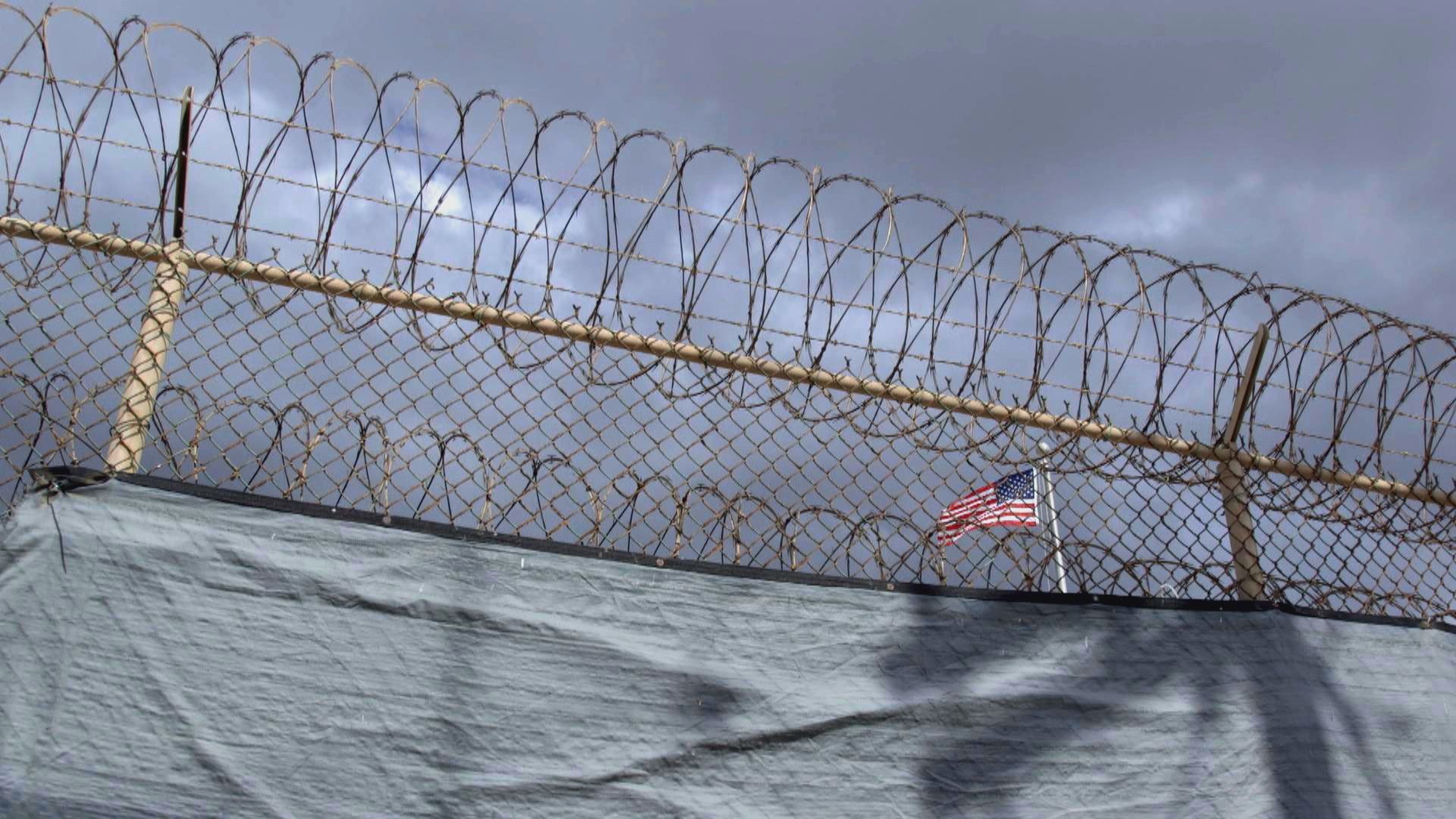Senior Official Confirms Audio Monitoring Devices at 9/11 Tribunal
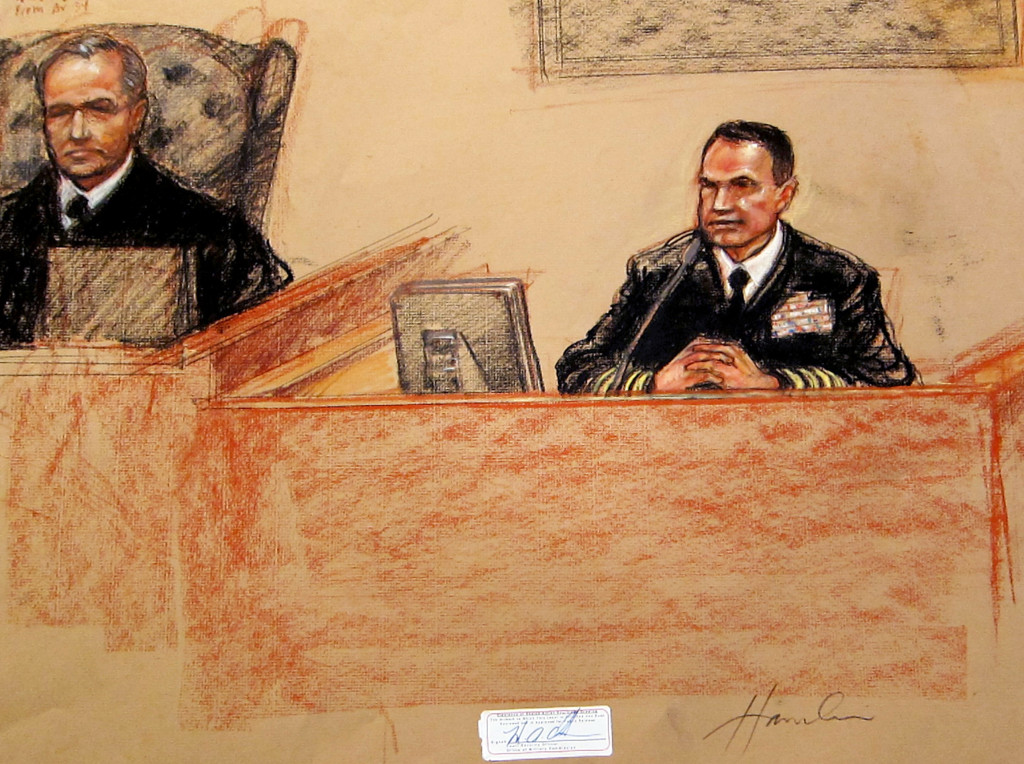
February 13, 2013
Share
The military tribunal for 9/11 mastermind Khalid Sheikh Mohammed and four other co-defendants continued to focus yesterday on an emergency motion from the defense to prohibit electronic monitoring and recording of attorney-client conversations.
Navy Capt. Thomas Welsh, the Staff Judge Advocate for Joint Task Force Guantanamo confirmed the existence of audio monitoring devices in rooms where defense lawyers have been conferring with their clients.
Cheryl Bormann, lawyer for co-defendant Walid bin Attash, claimed in court Monday that devices made to look like smoke detectors were in fact hidden microphones, noting that a guard had previously assured her it was not. The understanding had been that while video monitoring of the rooms was taking place for the safety of the lawyers, the conversations were private. But on the witness stand, Capt. Welsh said he had first learned of the listening devices in January 2012, when he saw a law enforcement official in the monitoring room wearing headphones.
Defense lawyers working in Guantanamo Bay have voiced suspicions of being monitored for years, but this appears to be the first time they’ve uncovered physical evidence to support the claim. But Capt. Welsh said that he had been assured that the devices were not being used to monitor privileged attorney-client conversations, and that no recordings were made. He said the conversation he saw being monitored was a “proffer session,” where prosecution and defense teams meet to discuss a potential deal. “So the meeting had prosecutors, defense attorneys, law enforcement officials in one of the meeting facilities. And then, as I understand, it is standard protocol for them to monitor these things remotely,” Welsh testified.
Earlier in the day, Maurice Elkins, the director of courtroom technology for the military commissions, testified in detail about the audio-video setup of the courtroom to address defense concerns about audio monitoring within the courtroom. Lawyers for the defense have asserted that 32 highly sensitive microphones could pick up confidential conversations, even when microphones in the immediate vicinity were muted.
They are concerned in particular about a full audio feed that is monitored by an unnamed “Original Classification Authority,” (OCA) distinct from the “gated” feed that features limited audio channels and is heard by court observers. Elkins initially insisted that the OCA did not have the capability to separate out the channels to hear individual conversation, but on cross-examination admitted that he did not, in fact, know the exact capabilities of the OCA.
The court will resume examining these issues at 9 am this morning with the testimony of Army Colonel John Bogdan, the commander of the Joint Detention Group in Guantanamo.
Related Documentaries
Latest Documentaries
Related Stories
Related Stories
Explore
Policies
Teacher Center
Funding for FRONTLINE is provided through the support of PBS viewers and by the Corporation for Public Broadcasting, with major support from Ford Foundation. Additional funding is provided the Abrams Foundation, Park Foundation, John D. and Catherine T. MacArthur Foundation, Heising-Simons Foundation, and the FRONTLINE Trust, with major support from Jon and Jo Ann Hagler on behalf of the Jon L. Hagler Foundation, and additional support from Koo and Patricia Yuen. FRONTLINE is a registered trademark of WGBH Educational Foundation. Web Site Copyright ©1995-2025 WGBH Educational Foundation. PBS is a 501(c)(3) not-for-profit organization.
